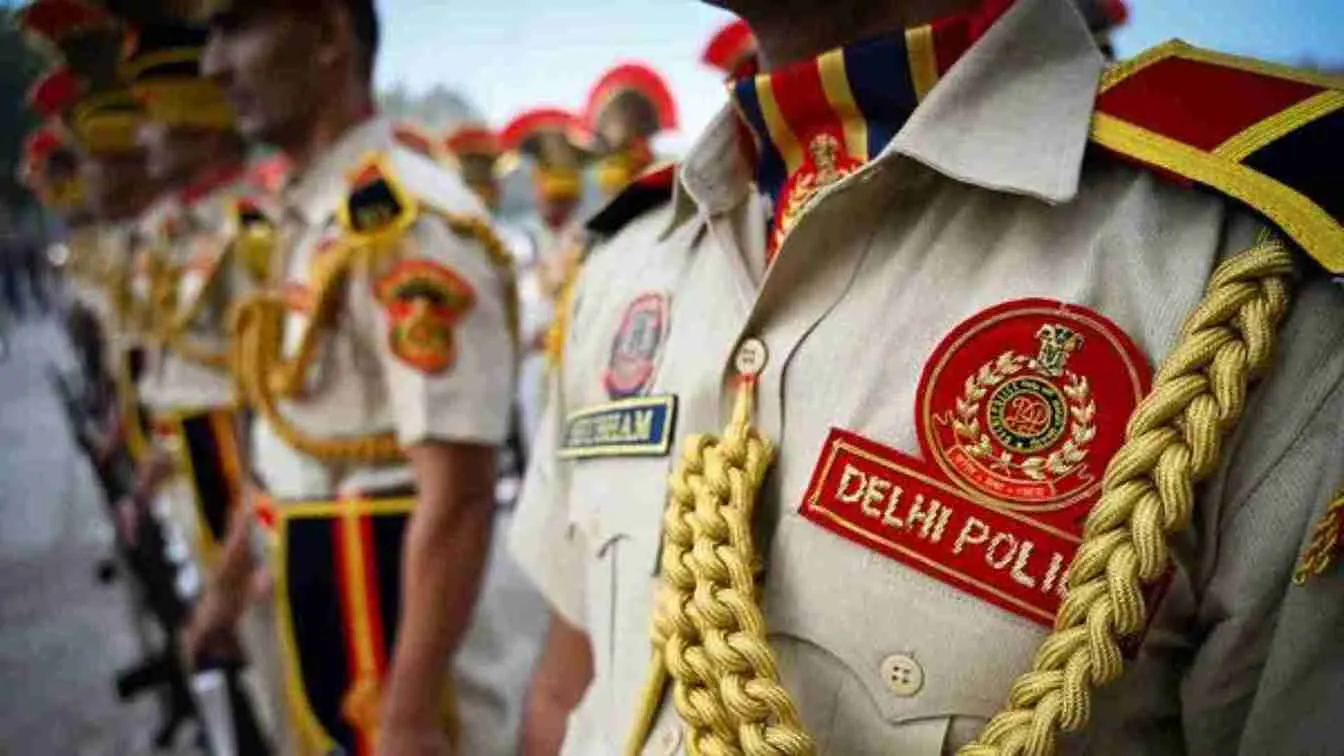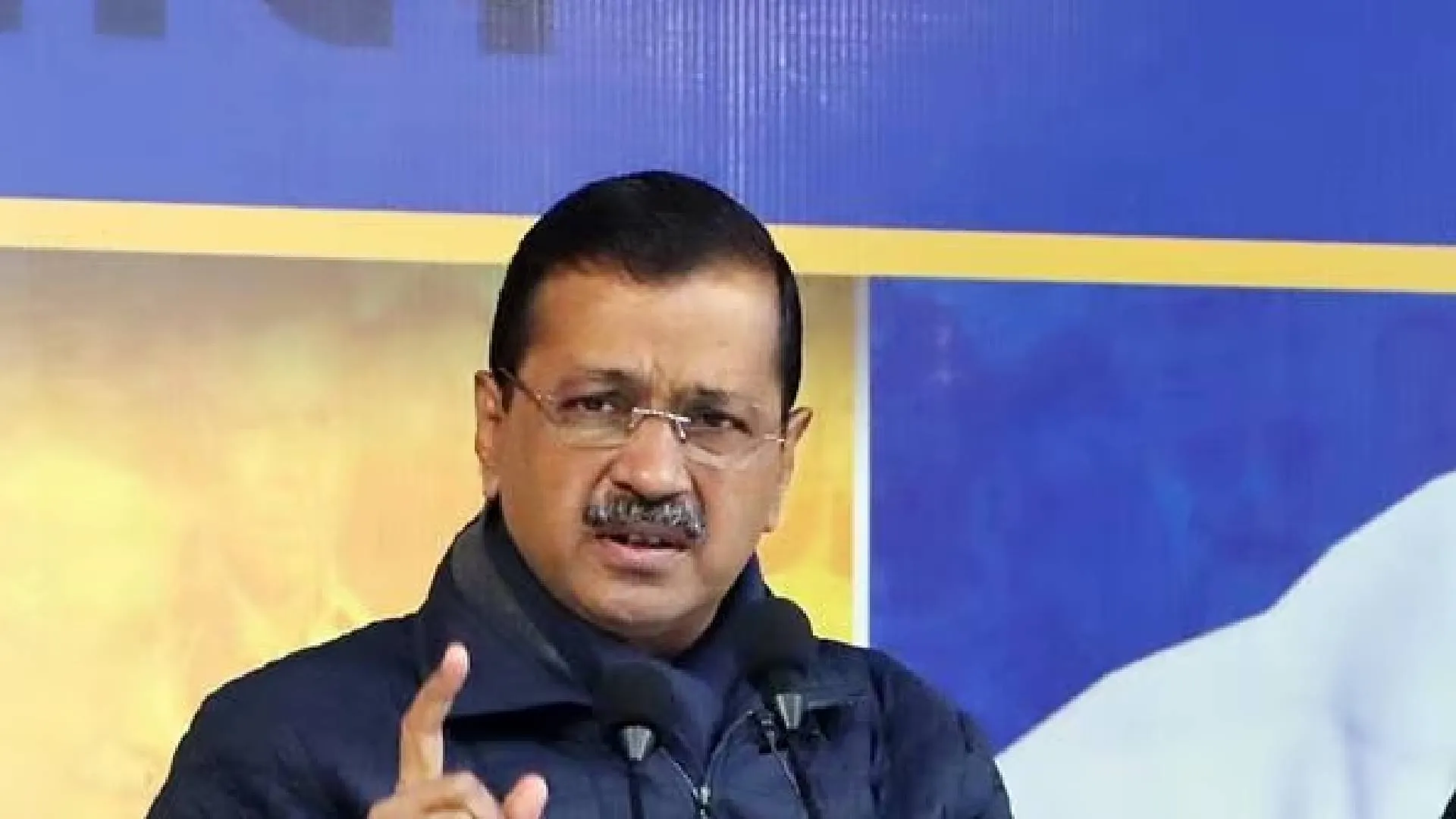On Friday, the Bharatiya Janata Party (BJP) approached the Supreme Court (SC) to challenge a Calcutta High Court order that restrains it from publishing derogatory ads against the Trinamool Congress (TMC) during the ongoing Lok Sabha elections, citing violations of the model code of conduct.
The matter was urgently listed before a vacation bench comprising Justices Bela M Trivedi and Pankaj Mithal. The BJP contested the May 22 decision of the Calcutta High Court, which upheld a single-judge ruling directing the party not to release any derogatory ads breaching the Model Code of Conduct during the election period.
“Kindly have it on Monday (May 27),” the BJP’s lawyer requested the bench, emphasizing that the High Court’s order prevents the BJP from issuing any advertisements until June 4, the final day of the election process. The bench responded, “We will see.”
The High Court’s division bench had declined to interfere with the single-judge order, stressing that a “Laxman Rekha”—a clear boundary—must be respected. The bench stated that political parties should avoid personal attacks and maintain healthy electoral practices, as misleading campaigns ultimately harm voters.
The BJP’s appeal to the division bench argued that the single judge issued the order without hearing their side. Despite this, the division bench upheld the original ruling, emphasizing the importance of fair electoral practices for the integrity of the democratic process.






















